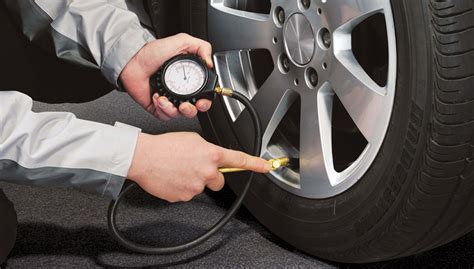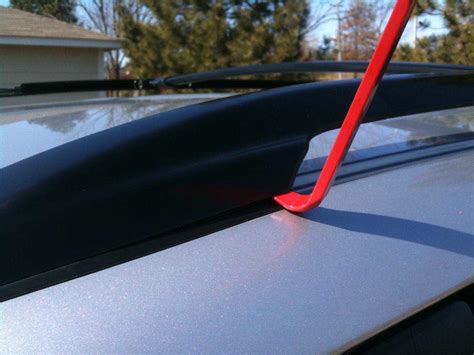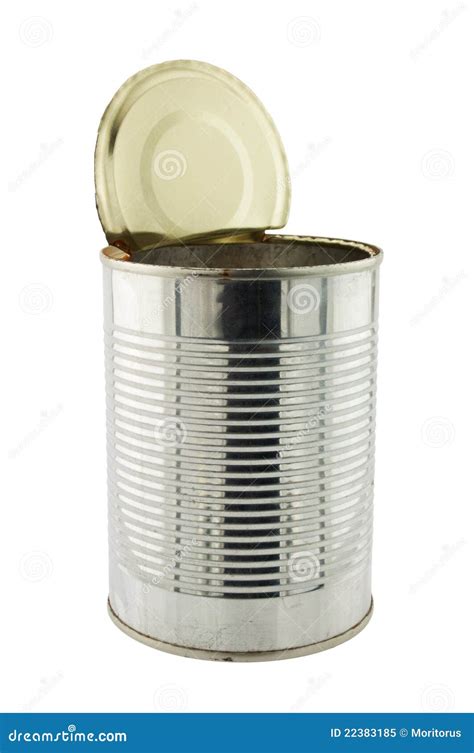For many men, the car is more than just a mode of transport; it’s a tool, a passion, and often a significant monthly expense. While the price at the pump might be out of your control, how efficiently your vehicle uses that fuel is very much within your power. By adopting a few smart habits and maintenance routines, you can dramatically cut down on your fuel consumption and significantly reduce your monthly outgoings.
Master Your Driving Habits
Your driving style is perhaps the single biggest factor influencing fuel efficiency. Aggressive driving – rapid acceleration, hard braking, and speeding – is a fuel killer. Instead, cultivate a smooth, anticipatory driving style. Accelerate gently, aim to maintain a consistent speed, and anticipate traffic to avoid sudden stops and starts. Using cruise control on highways helps maintain a steady speed and prevents unnecessary acceleration.
Avoid excessive idling. If you’re going to be stopped for more than 30 seconds (excluding traffic), it’s generally more fuel-efficient to turn off your engine and restart it. Modern cars are designed for frequent starts, so don’t worry about wear and tear.

Prioritize Regular Vehicle Maintenance
A well-maintained car runs more efficiently. Think of it as keeping your ‘engine athlete’ in peak condition. Several key maintenance points directly impact fuel economy:
- Tire Pressure: Underinflated tires increase rolling resistance, forcing your engine to work harder. Check your tire pressure monthly, especially before long trips, and inflate them to the manufacturer’s recommended levels (found on a sticker inside your driver’s side door jamb or in the owner’s manual).
- Air Filter: A clogged air filter restricts airflow to the engine, reducing performance and fuel efficiency. Replace it according to your car’s maintenance schedule, or more often if you drive in dusty conditions.
- Engine Oil: Use the manufacturer-recommended grade of oil. Fresh, clean oil reduces friction within the engine, improving efficiency.
- Spark Plugs: Worn spark plugs can lead to misfires, which waste fuel. Replace them as per your vehicle’s service schedule.
- Oxygen Sensor: A faulty oxygen sensor can throw off your engine’s fuel mixture, leading to significantly worse fuel economy. If your ‘Check Engine’ light comes on, get it diagnosed.

Smart Planning and Route Selection
Before you even hit the road, smart planning can save you fuel. Combine multiple errands into one trip to reduce cold-start driving, which is less fuel-efficient. Plan your routes to avoid heavy traffic and construction zones, even if it means driving a slightly longer distance. Stop-and-go traffic significantly increases fuel consumption.
Utilize navigation apps that provide real-time traffic updates and suggest the most fuel-efficient routes. Getting stuck in a jam isn’t just frustrating; it’s expensive.

Minimize Drag and Weight
Every extra pound your car carries and every bit of air resistance it encounters forces the engine to work harder. Remove unnecessary items from your trunk and cabin. While a few extra pounds here and there might seem insignificant, they add up over time. Regularly clear out sports equipment, tools, or anything else that doesn’t need to be in the car.
Similarly, external accessories like roof racks or cargo carriers, while useful, create aerodynamic drag even when empty. Remove them when not in use. Driving with windows down at high speeds also increases drag; it’s often more fuel-efficient to use air conditioning on the highway than to fight wind resistance.

Leverage Technology and Monitor Your Progress
Many modern cars come equipped with fuel economy displays. Pay attention to these real-time indicators as they can help you understand how your driving habits affect fuel consumption. Some vehicles also feature ‘eco’ modes that adjust engine and transmission settings for optimal efficiency.
Consider using a fuel-tracking app on your smartphone to monitor your mileage and fuel purchases. Seeing your average MPG improve over time can be a powerful motivator to maintain good habits and can clearly show the financial benefits of your efforts.
Optimizing your car’s fuel efficiency isn’t about sacrificing performance or convenience; it’s about being smarter with your resources. By integrating these habits into your daily routine and maintenance schedule, you’ll not only save a substantial amount of money each month but also contribute to a healthier environment. It’s a win-win for your wallet and the planet.





